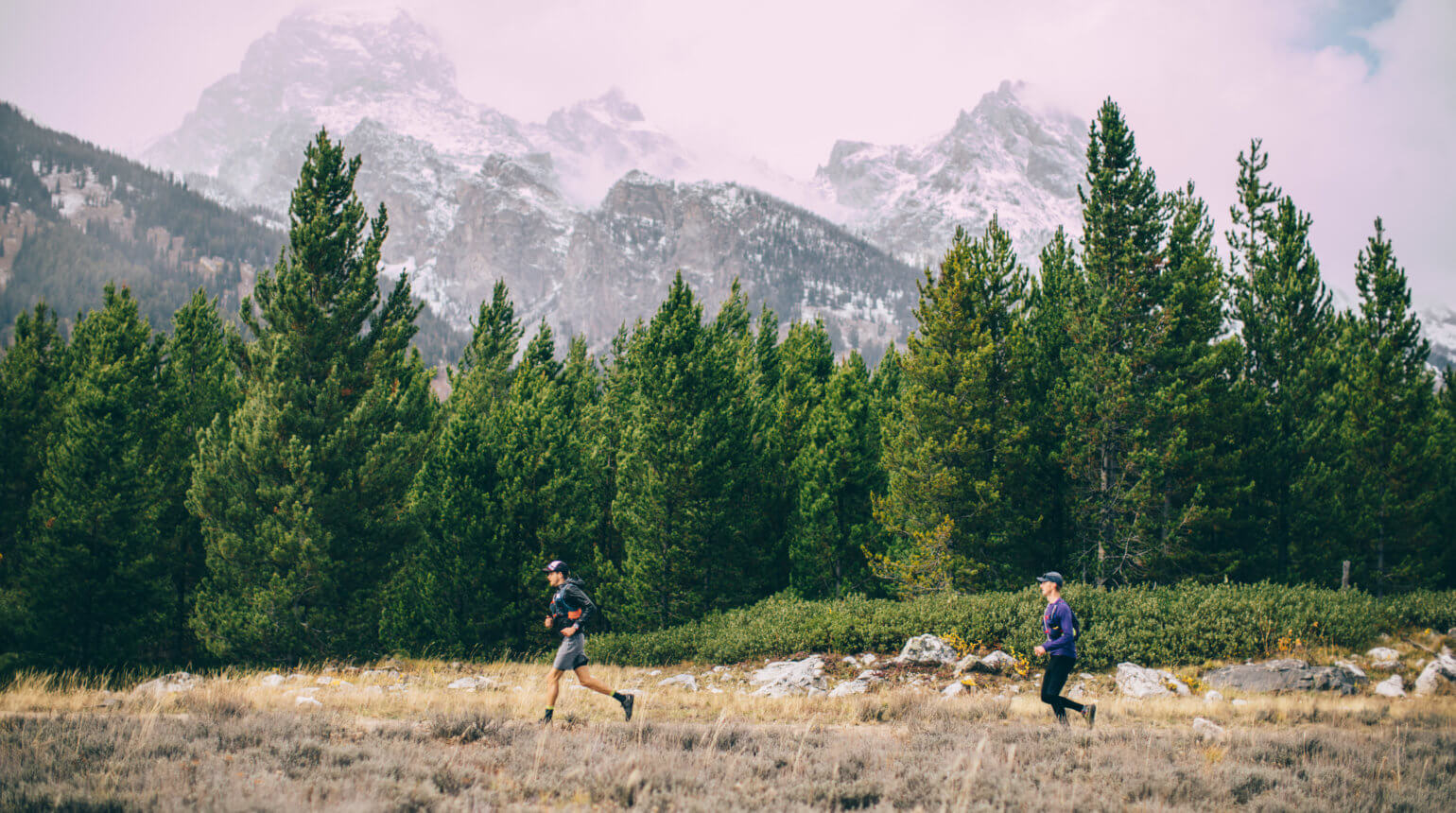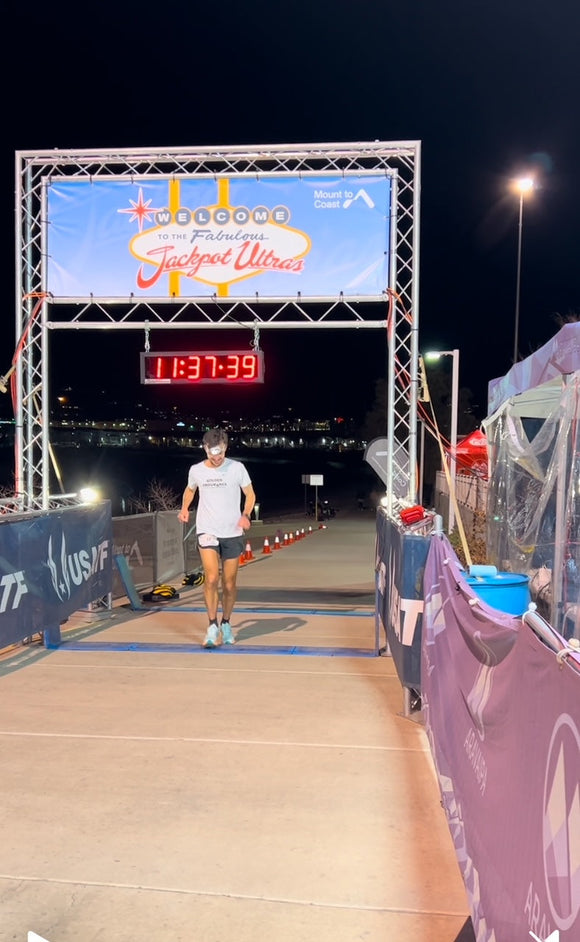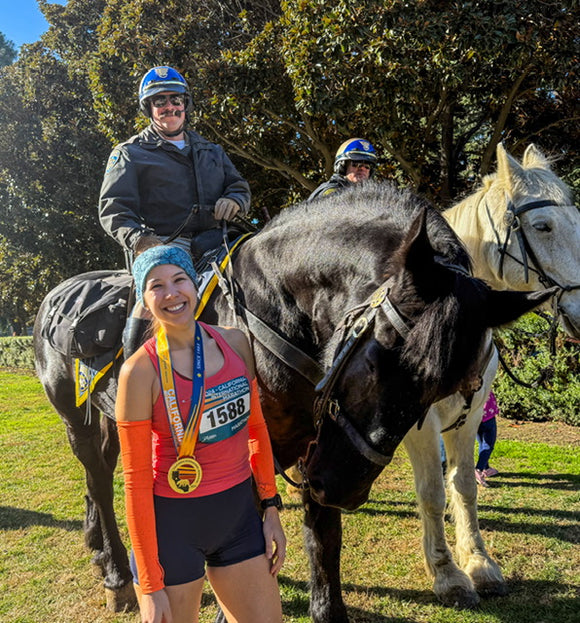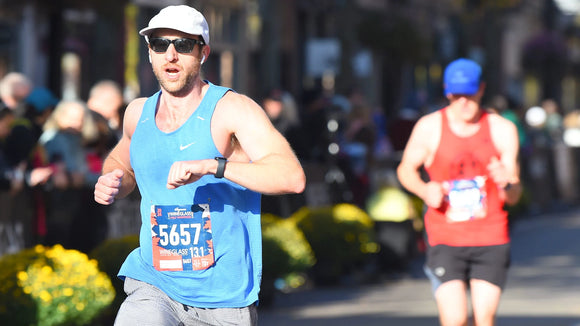Cold weather dehydration is real
Winter is coming and along with it come winter sports. Whether you’re hitting the slopes for the day or spending hours on long, chilly rides, one thing that might catch you off guard is the onset of dehydration.
While most of us associate dehydration as a hot-weather issue, cold-weather presents a host of unique factors that can accelerate dehydration. And if you’re an athlete exercising in cold temperatures, you’ll need to be extra vigilant.
Don’t let the cold weather fool you. When the temperature dips and our bodies shiver to stay warm, the last thing we think about is hydration, but dehydration in cold weather is a very real problem.
We’re here to tell you why that is, what to look out for, and how to prepare so you can enjoy your winter sports feeling your best!
Increased water losses in cold weather
Though you may not realize it, your body loses a significant amount of water in cold weather, especially when exercising. First, winter clothing tends to be bulky and can make the body work up to 40 percent harder than usual, increasing sweat losses. Pair that with an increased metabolic rate (our body’s mechanism for keeping us warm), and your body’s internal temperature will rise signaling evaporative cooling (a.k.a. sweating) to help regulate core body temperature.
Second, sweat evaporates more quickly in cold temperatures, swiftly turning into vapor. Not only does this contribute to dehydration, but because we don’t see sweat drops on our skin, we might miss the visual cue to drink more fluids.
The third thing to consider in cold weather is respiratory water losses. Breathing cold, dry air causes the body to lose significant amounts of water through respiration. When you can see your breath on a cold winter day, what you’re actually seeing is water vapor that your body is losing. The colder the temperature and the more intense the exercise, the more vapor and fluids you’ll lose.
Gotta go? It doesn't mean you're hydrated
Finally, urine production will increase in cold weather making us assume we’re well-hydrated even if we’re not. The reason: in cold climates, our bodies redistribute blood volume from the extremities to the core to protect our most important organs.
Typically, when we’re dehydrated, our body releases antidiuretic hormone AVP (plasma arginine vasopressin) which signals the body to slow urine production in order to reduce urinary water losses. However, in cold weather, our brain perceives the shift in central blood volume as indicative of adequate hydration and body water levels. So even if you’re dehydrated, the antidiuretic hormone AVP will not increase, resulting in increased urination and further adding to dehydration.
Up high? Your H2O may be low
Are you heading to the mountains this winter? If so, take altitude into consideration. At altitude, you’ll be working a lot harder than you would be at sea level to achieve the same levels of blood oxygenation. To cope with the fall in atmospheric pressure at altitude, ventilation (the process of moving air in and out of the lungs) increases to meet the body’s demand for oxygen. Because our breath is saturated with water, the increased breathing rate results in increased water losses, prompting dehydration.

Not thirsty? Not so fast, you could be dehydrated
Thirst is not reliable in cold climates. That’s right, cold weather actually suppresses your body’s thirst sensations! In one study, researchers found that cold exposure reduced thirst by up to 40 percent at rest and during moderate-intensity exercise.
This could be due to the fact that our blood vessels constrict in cold temperatures (peripheral vasoconstriction), which then leads to an increase in central blood volume and stimulation of central volume receptors, essentially tricking the body into thinking it’s well-hydrated.
So if you don’t feel thirsty, beware. You could be getting dehydrated without realizing it.
Tips to avoid dehydration in cold temperatures
- Pre-hydrate with an electrolyte beverage before you exercise
- Sip fluids frequently when exercising outdoors, even if you’re not thirsty
- Take electrolyte fluids with you on your adventures
- Drink warm or room-temperature fluids (try an insulated water bottle!) to help keep your internal body temperature regulated
- If water is unappealing, drink a warm electrolyte drink or herbal tea
- Limit or avoid alcohol and caffeine since they are dehydrating
- Wear wicking clothing which will do a better job regulating body temperature
- If you’re exercising outside for more than 2 hours or at a high intensity, drink about 16-32 oz. of Active Hydration per hour
- Monitor your urine. If it’s darker than light yellow, drink more fluids
- Know the signs of dehydration
Signs of Dehydration
Signs of dehydration include dark-colored urine, headache, fatigue, dizziness, dry mouth, muscle cramps, constipation, dry skin, and irritability.
Conclusion
The combination of increased fluid losses and reduced fluid intake during cold temperatures can quickly add up to dehydration.. But don’t let that stop you!
Enjoy your favorite winter activities whether it’s skiing, hiking, cycling or snow-shoeing. If you’re aware of the added risk of dehydration, you can plan ahead to feel your best and enjoy the outdoors to the fullest!
Sources
Beau J. Freund and Michael N. Sawka. “Influence of Cold Stress on Human Fluid Balance.” Nutritional Needs In Cold And In High-Altitude Environments: Applications for Military Personnel in Field Operations.
Department of, HPRC Defense. “Dehydration and Cold Weather.” Human Performance Resource Center. Human Resources Performance Center, 12 Dec. 2014. Web. 10 Feb. 2016.
Doubt TJ 1991. “Physiology of exercise in the cold.” Sports Med 11:367-381
Kenefick RW, Hazzard MP, Mahood NV, Castellani JW 2004. “Thirst sensations and AVP responses at rest and during exercise-cold exposure.” Medicine and science in sports and exercise 36:1528-1534Kenefick RW, St Pierre A, Riel NA, Cheuvront SN, Castellani JW 2008. “Effect of increased plasma osmolality on cold-induced thirst attenuation.” European journal of applied physiology 104:1013-1019



